
The narrow streets of Gojam Sefer in Lideta wind and split into even narrower roads every few metres. The packed houses lined side by side barely leave any space from one gate to the next. It is not an uncommon sight for a neighbourhood in Addis Abeba with its small shops and cobblestone roads.
What was completely out of place, however, was the presence of a drone that was spotted flying high above a few weeks ago.
“I can only assume that whoever sent the drone to film the neighbourhood didn’t want to step a foot in there themselves,” said Masresha Wegari.
Masresha is the last of five siblings who recently lost their mother to the Novel Coronavirus (COVID-19). But their community, not unlike the hovering drone, has stayed away at a safe distance.
“We couldn’t even get service at the stores when she first passed away. The whole community was avoiding us,” he said.
His mother, Alemnesh Atelaw, was 75 years old when she passed away. She was well known in the neighbourhood, an agreeable woman who often played the astaraqior mediator role. After the death of their father 25 years ago, Alemnesh raised all five of her children. Her eldest son stepped in to fill the father role for his siblings, according to Masresha.
But Alemnesh had a long history with diabetes and spent the last few years being cared for by her children. Two days before her passing, her son said she had been feeling very unwell.
“It happened out of the blue," he said. "We took her to a hospital to get her a check-up. When we got there, we found out her blood sugar had reached a very high level."
Within a week, his mother had passed away.
A report by Lia Tadesse (MD), minister of Health, on May 5 announced that a 75-year-old woman had died before the results of her samples were confirmed. That woman was Alemnesh. Her family had barely laid her to rest when the hospital informed them that she had died because of COVID-19.
Over 30 people were rounded up from the house in which Alemnesh had lived and sent to a quarantine centre. Her son, Masresha, was also one of them.
“We stayed at Balcha Weldehiwot Health Centre with 18 other friends," he said. "We left once they gave us the certificate stating our negative result."
The results took 20 days, because their samples were either lost or delayed due to the queue, according to Masresha. But after they returned home, his sister was taken back into quarantine again. The authorities claimed that her negative result was a mistake.
“She is still there. They retook her sample last Monday, and we're all waiting on the result,” Masresha said.
Yenesew, a volunteer organisation, drops off support packages to a compound in Kolfe Keranio, where 11 families have to self-isolate.
With 32 functional laboratories in the country that conduct over 7,000 tests a day, results of samples have varied reasons for being late and, at times, even incorrect.
Incorrect names and addresses of people, the poor quality of the samples taken, and manual mistakes that can occur at any stage throughout the process are some of the causes for the delays and errors, according to the Ethiopian Public Health Institute (EPHI). The positive results of samples are tracked through a collaborative effort between the Information Network Security Agency (INSA), Ethio telecom, and the police in cases where the address of the person is not known.
Testing for COVID-19 on all people that have passed away, due to any cause, has also recently come into effect. This is because community transmission has been established in Addis Abeba, according to the EPHI.
The tests on dead bodies are expected to reveal the extent of community transmission. They also ensure proper disposal of the dead body. In a situation where there are a lot of unknown variables, the institute recommends taking the highest precautions.
The social repercussions of this is that many are not able to mourn the death of their loved ones. They have to take condolences through phone calls, sometimes standing from afar.
This has also been true for Abdulhakim Kemal’s family. Friends and family who want to show their respect come only as near as the gate and wave, perhaps say a few words and leave. Abdulhakim lived in Addis Ketema, one of the most crowded districts and currently the location of 25pc of all confirmed cases in the city.
Abdulhakim was well aware of COVID-19 before he passed away and was stricter than most when it came to following health guidelines.
“He had his daughters stay home from work when there was news of the virus in the country. We bought food and other necessary materials ahead of time,” said Shemsu Mohammed, a close relative who refers to Abdulhakim as a brother.
“He was a strong-willed man, but he was loved,” he added.
Abdulhakim worked many years as a tailor and a khatseller in Addis Abeba, where he came to live from Gurage Zone. With a big family of seven, three daughters and four sons, he was well taken care of after his back injury left him bedridden for the last seven years.
A couple of weeks before he died, he complained that he was feeling cold and that he had a headache, according to Shemsu. A hospital trip to Abune Petros did not reveal much to the family. The doctors, Shemsu said, were reassuring and told them that he was okay. But a few days later, they were informed that he needed to be transferred to Eka Kotebe General Hospital and that he had contracted the virus.
Forbidden to go near him in his last few days in the hospital, his family said their goodbyes from afar. Following his death, the family continued self-isolating. No one came in and or out of the house, according to Shemsu.
“We don’t meet people. We only talk to people that come to show their condolences from the gate,” he said.
It has been a shock to the family and the neighbourhood.
With psycho-social support as one of its four training sections, 2,002 of 3,193 registered health extension workers have finalised their audio training under the EPHI. This is alongside the general information, coordination, and training they have received on curbing the spread of the virus. The Institute is also working with the Idir Association in Addis Abeba hoping to reach the 7,500 Idirs in the city.
The late Fantu Tekle used to live in a compound that was and still is receiving regular temperature check-ups. In the neighbourhood of 18 Mazoriye in Kolfe Keraniyo District, their home lies in a compound shared by over 50 tenants. Born in Gurage Zone, Fantu survived most of her children but left a son and daughter, who lives in Saudi Arabia, behind.
She was selling vegetables on the roadside of the neighbourhood for a living, according to her son. But he convinced her to stop so they could take care of her.
“Some of the materials she sold weren't good for her asthma and my sister and I wanted her to rest,” he said.
When Fantu died of respiratory failure, her son thought it had been her asthma and was not aware that she had tested positive for COVID-19 until after her burial.
“We buried her without knowing she had the virus. So when health professionals came with police to our compound the next day, everyone was in shock,” her son said.
They were instructed not to leave their house. For one particular tenant that drove a taxi for a living, even renting out his taxi was not an option.
“On the fifth day we received a few food items like macaroni, flour and edible oil, but it has been difficult not being able to work during this time,” her son said.
Fantu never got a chance to speak up loudly, always living in someone’s compound, according to her son. Her story involved a wrongful eviction and years of back and forth between courts as a result.
“This is a fight I'll continue for her. She will get justice,” said her son, who has inherited the laminated court ruling paper.
Many, like Fantu, are now being reported as having the virus after their death following an autopsy report. Some had underlying conditions and had also shown symptoms such as a fever, cough, and shortness of breath. This was not the case for Haluwa Jama, who showed no symptoms at all to the confusion of her bereaved family.
Her son, Hassen Ibrahim, had come with her to Addis Abeba, from Negele Borana in the Oromia Regional State, to get her medical assistance in the city. She had been to several hospitals, even undergone an operation, and had seemed to be in recovery when things suddenly took a turn for the worst. She passed away in her home two days after returning from the hospital.
The 56-year-old Haluwa raised her five children by herself after the death of their father when they were young. She was at one point a farmer in Borena, then a merchant in Moyale, doing whatever was necessary to raise her children.
“She was a kind woman who looked after other children as well. We grew up with our cousins,” Hassen said.
After her passing, Hassen, true to his mother’s last wishes, started preparations to return her body to her hometown, Negele Borana.
However, her sample results arrived while those plans were being formed and revealed that she had the virus. Forced to halt plans for burial, Hassen and his siblings along with two other families in the compound all gave their samples for testing. Within two days he had his negative result in hand and he buried his mother in Borena.
Happy though Hassen undoubtedly is to have fulfilled his mother's last wishes, burials for people with COVID-19 should be handled with the highest precaution, according to the EPHI. The health facility where the death occurred is tasked with reporting this to the EPHI after declaring it to the family. The Institute then deploys a team to handle the body and oversee the burial process. Even the coffin is purchased at the cost of the government.
Confirmed cases for COVID-19 in the country have reached 2,166. A total of 55 people have died and 176,504 samples have been tested. There are plenty of facts and figures but very little known about the lives impacted by it.
Another victim, Kidus Mohammed, who worked on a farm with his friends growing kale and liked to keep to himself, is reduced to a line in a report: male, aged 45. Individuals like Chanyalew Endreas, a man beloved by his four children, are all too quickly forgotten when the next update comes in.
The reaction of the community towards those that have had the virus is a normal and expected psychological response, according to Henok Hailu, president of the Ethiopian Psychologists Association.
“This is because we look at information regarding its transmission and the high death tolls of other countries," he said. "There needs to be more specific and clarified information coming from the government."
People do not have a deep understanding of what it means to be tested, to be found positive, to be in a treatment centre and the course of the pandemic greatly depends on how information is disseminated, according to him.
Henok also mentioned the importance of a social support system.
“COVID-19 has also taken away our social support system. People cannot mourn. People can't attend funerals because there're only limited people allowed,” he said. "We may now need to find replacements for that like the mass media we need to show that there will be death and with death comes other psychological implications."
Psychologist, psychiatrists, social workers, mental health professionals need to be visible in this process, Henok advised.
The reports may not reveal any more about these individuals than their age and gender, but they were resolute mothers, attentive fathers, and beloved sisters and brothers to the ones who mourn their passing.
PUBLISHED ON
Jun 14,2020 [ VOL
21 , NO
1051]
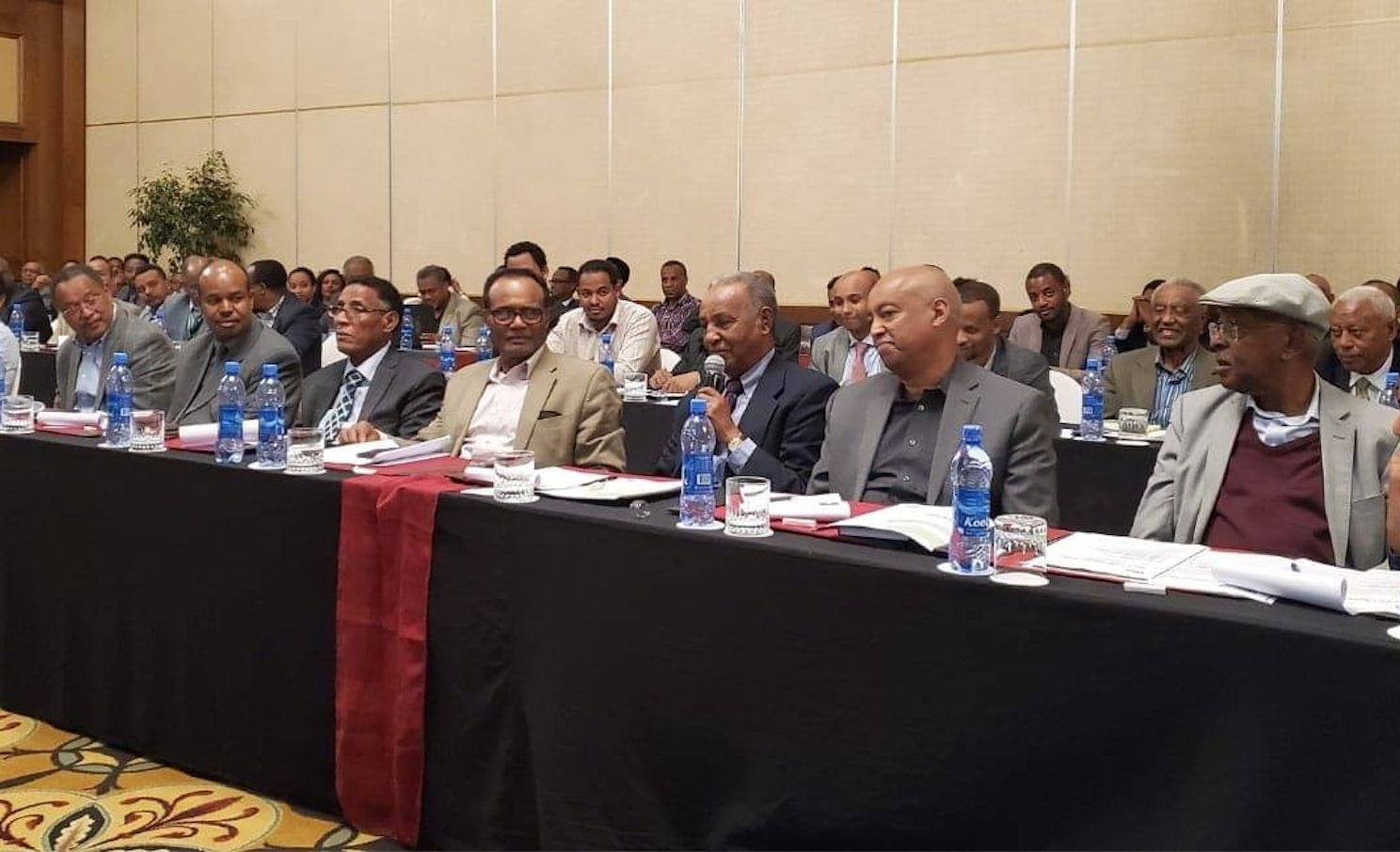
Fortune News | Nov 28,2019

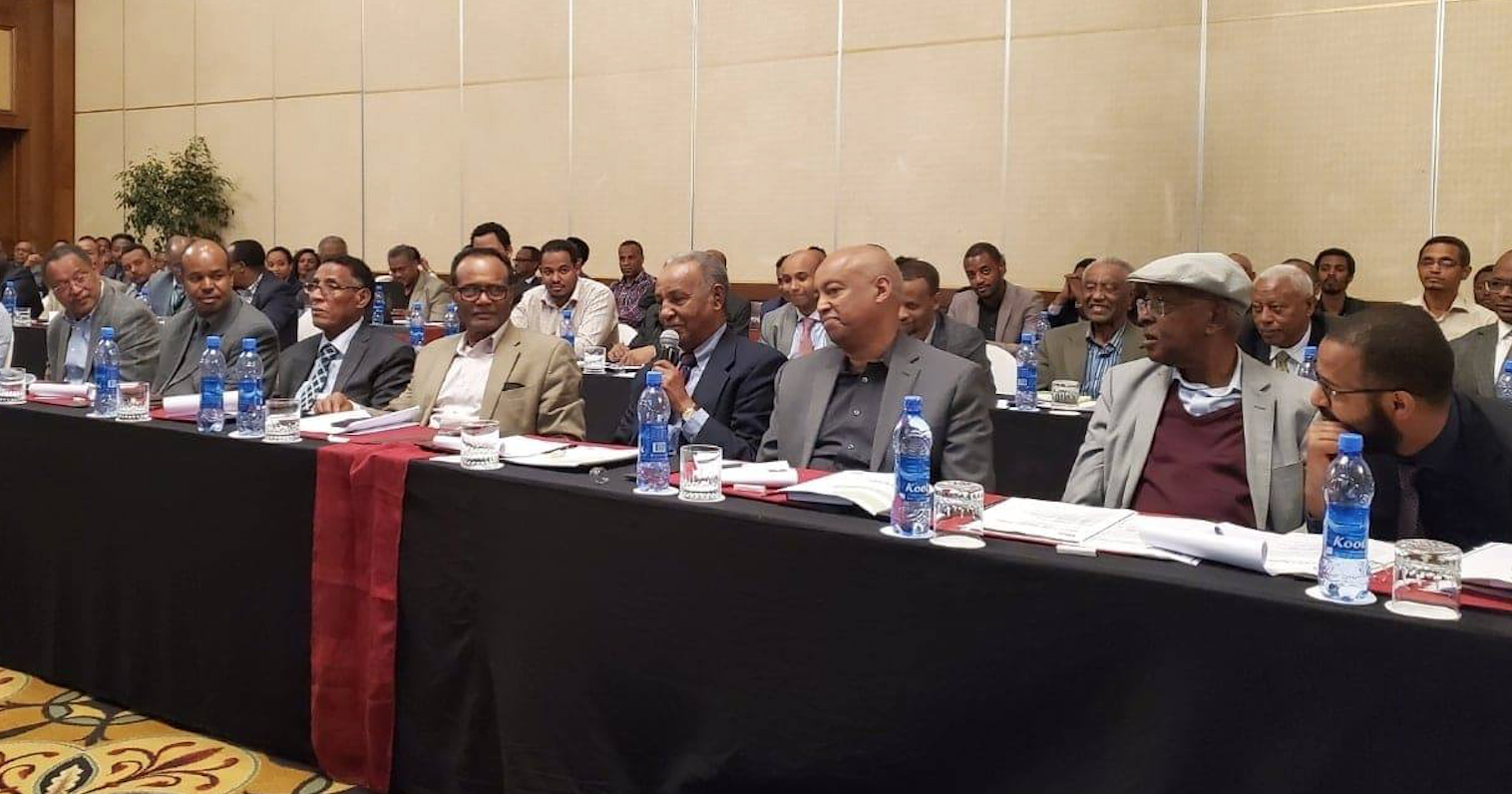
In-Picture | Nov 28,2019
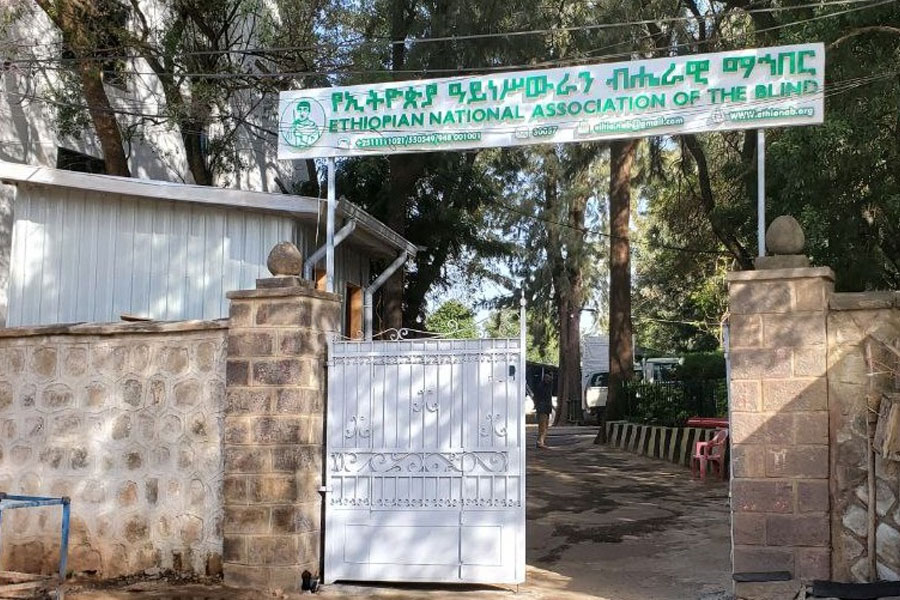
Agenda | Jun 15,2025

Sunday with Eden | Aug 26,2023
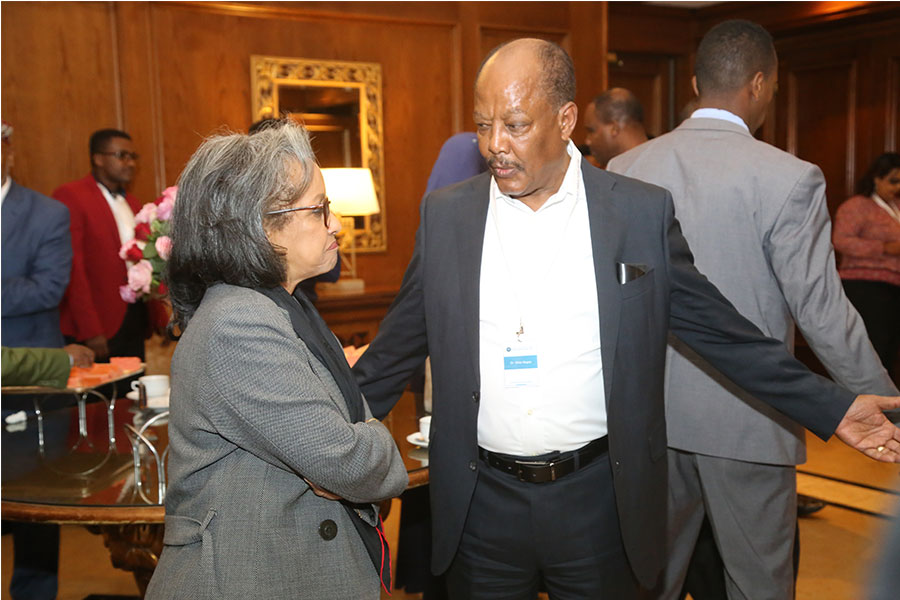
Fortune News | Mar 23,2019

Featured | Apr 15,2023
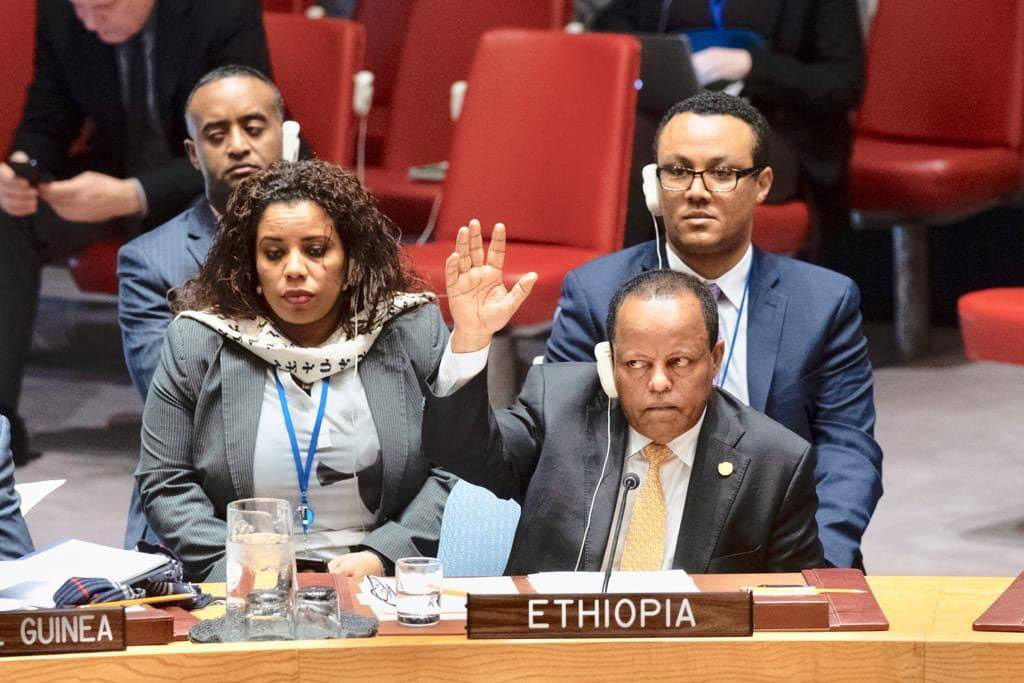
In-Picture | Nov 21,2018

Commentaries | Mar 20,2021

Sunday with Eden | Feb 15,2020

Dec 22 , 2024 . By TIZITA SHEWAFERAW
Charged with transforming colossal state-owned enterprises into modern and competitiv...

Aug 18 , 2024 . By AKSAH ITALO
Although predictable Yonas Zerihun's job in the ride-hailing service is not immune to...

Jul 28 , 2024 . By TIZITA SHEWAFERAW
Unhabitual, perhaps too many, Samuel Gebreyohannes, 38, used to occasionally enjoy a couple of beers at breakfast. However, he recently swit...

Jul 13 , 2024 . By AKSAH ITALO
Investors who rely on tractors, trucks, and field vehicles for commuting, transporting commodities, and f...

Jul 12 , 2025
Political leaders and their policy advisors often promise great leaps forward, yet th...

Jul 5 , 2025
Six years ago, Ethiopia was the darling of international liberal commentators. A year...

Jun 28 , 2025
Meseret Damtie, the assertive auditor general, has never been shy about naming names...

Jun 21 , 2025
A well-worn adage says, “Budget is not destiny, but it is direction.” Examining t...